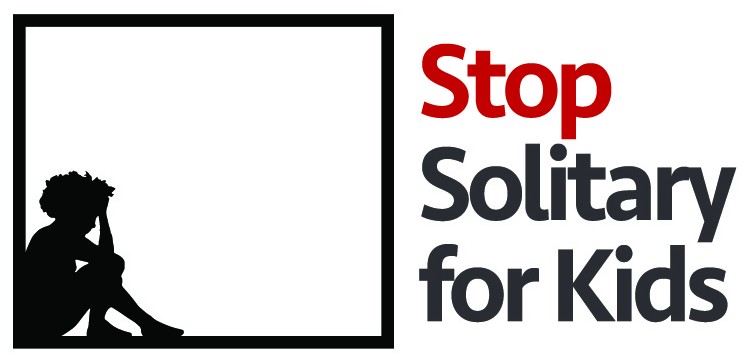On May 23, 2017, the U.S. House of Representatives approved HR 1809 by voice vote. The bill is bipartisan legislation to strengthen the reauthorize the Juvenile Justice and Delinquency Prevention Act of 1974 (JJDPA). The Act expired in 2007 after last being reauthorized in 2002. The JJDPA embodies a partnership between the federal government and the U.S. states, territories and the District of Columbia to protect children and youth in the juvenile and criminal justice system, to effectively address high-risk and delinquent behavior and to improve community safety. Read the Press Release from the Committee on Education & the Workforce.
HR 1809 was introduced on April 4, 2017, by Rep. Jason Lewis (R-MN) and Ranking Member Bobby Scott (D-VA) and is co-sponsored by Chairwoman Virginia Foxx (R-MN) and 20 other members of the U.S. House of Representatives. The Senate’s version of the bill, S. 860, has been introduced and is sponsored by Chairman Chuck Grassley (R-IA) and Senator Sheldon Whitehouse (D-RI); they are joined by 9 other bipartisan co-sponsors.
“Today’s historic action by the U.S. House of Representatives reaffirms Congress’ bi-partisan commitment to this successful law, which – for more than 40 years – has set out national standards for the custody and care of youth in the juvenile justice system and provides direction and support for state juvenile justice system improvements that help advance public safety,” said Naomi Smoot, Executive Director of the Coalition for Juvenile Justice and Co-chair of the Act4JJ Campaign.
The House approved a JJDPA reauthorization bill in 2016, but Senator Tom Cotton (R-AK) senator blocked it in the Senate in November 2016 because he opposed language that phases out the valid court order (VCO) exception. The VCO exception allows judges to lock up youth for status offenses if a judge determines that they have violated a court order. Status offenses are things that are not crimes if done by adults, like truancy or curfew violations. In the final days of the 2016 Congress, Senate leadership on the bill finally moved on the bill without the VCO exception. But because the House version was different, there was no time to reconcile the two before everyone adjourned.
The 2017 legislation HR 1809 includes several new requirements about solitary confinement, or isolation:
Isolation is defined as “any instance in which is a youth is confined alone for more than 10 minutes in a room or cell” except for sleeping hours, isolation based on a treatment plan approved by a mental health or medical professional, or separation from other youth in a non-locked setting for the limited purpose of calming.
States will be asked to report to the Justice Department one-month data snapshots on the use of isolation in juvenile facilities.
State plans must include information on the training, policies, procedures in effect to eliminate the use of dangerous practices, including unreasonable isolation.
On February 15, 2017, members of House Education and Workforce Committee held a hearing on the importance of the JJDPA. On February 28, 2017, the Senate Judiciary Committee heard testimony about the legislation. According to the House Committee on Education and the Workforce, HR 1809 will:
- Provide states & local leaders more flexibility to deliver services to meet needs of youth in their communities.
- Promote opportunities for youth to acquire skills necessary to grow into productive members of society.
- Help at-risk youth avoid the juvenile justice system by improving support for prevention services.
- Prioritize evidence-based strategies and long-term solutions for addressing juvenile delinquency.
- Improve accountability and oversight at all levels of the juvenile justice system.
READ MORE
Campaign for Youth Justice Press Release
House Committee on Education & the Workforce Press Release
House Committee on Education & Workforce Hearings: “Providing Vulnerable Youth the Hope of a Brighter Future Through Juvenile Justice Reform”
